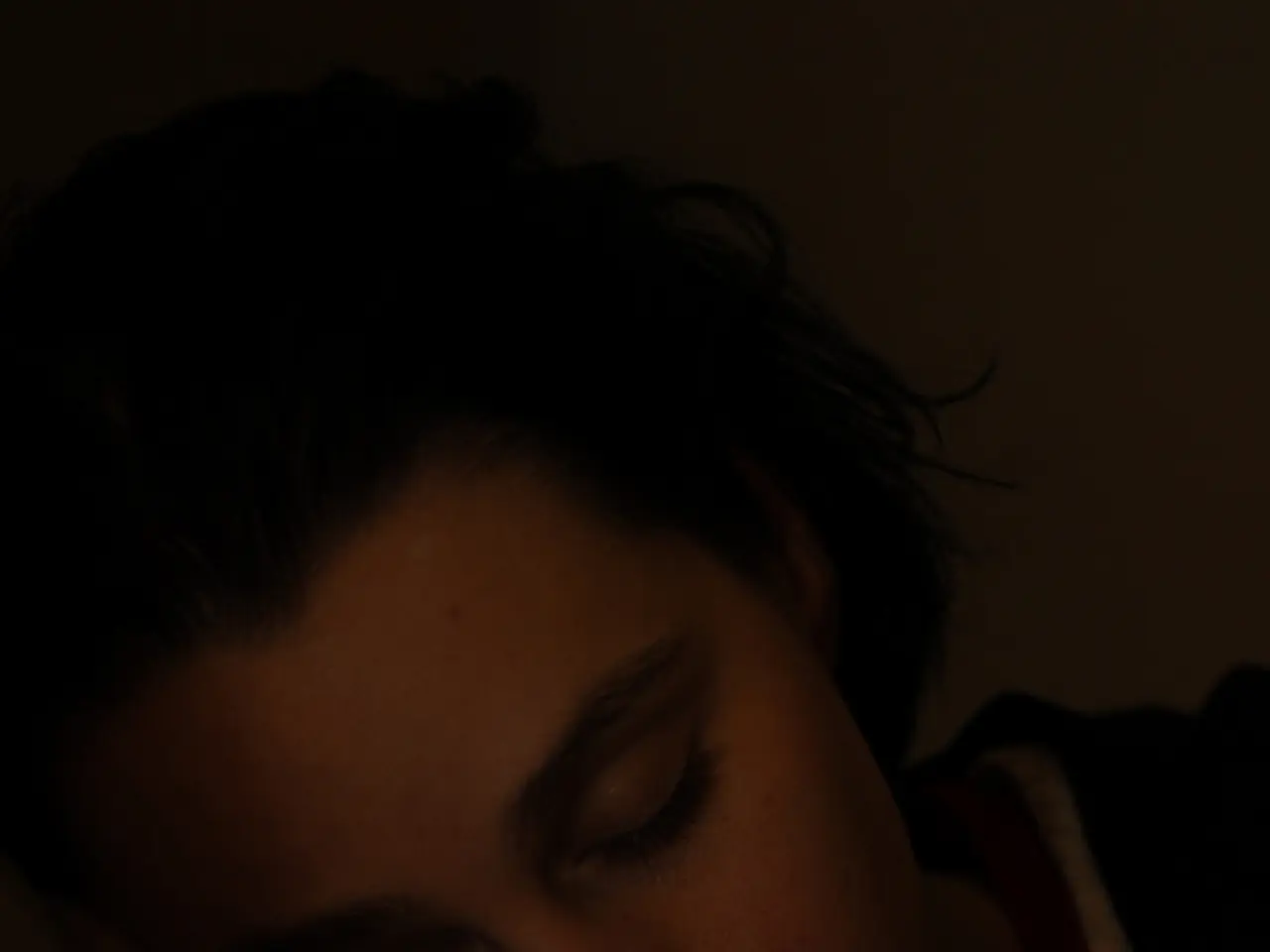Sleep Habits in Kleine-Levin Syndrome: Exploring Extended Sleep Sessions and Patterns of Excessive Daytime Sleepiness
Kleine-Levin Syndrome (KLS), a rare neurological condition, is often characterised by recurrent episodes of excessive sleep and behavioural changes. Affecting primarily adolescents with an average age of onset between 15 and 19 years, KLS remains a mystery due to its elusive nature and the lack of established diagnostic criteria [1].
At the heart of KLS lies a suspected dysfunction or injury in the hypothalamus, a vital brain region that regulates sleep and various autonomic functions [2][3]. Many cases of KLS are reported to occur after illnesses resembling the flu, suggesting a potential triggering of hypothalamic injury or dysfunction.
Neuroimaging studies in KLS patients have revealed abnormalities primarily in regions associated with sleep-wake regulation and cognitive functions. The hypothalamus, due to its central role in sleep regulation, appetite, and temperature control, is implicated as a key player in KLS [2][3]. Other implicated brain areas include parts of the thalamus, frontal, and temporal lobes, which are related to cognition, memory, and emotional regulation. Functional imaging often reveals altered activity in these regions during symptomatic periods, reflecting disturbances in sleep architecture, mood, and behaviour characteristic of KLS.
The hypothalamus contains orexin (hypocretin) neurons critical for wakefulness and sleep regulation. Changes or injury affecting this system are thought to contribute to the recurrent episodes of excessive sleepiness and related symptoms in KLS patients [2][3].
KLS episodes can last for 1-3 weeks, and symptoms include drowsiness, an inability to remain awake, and behavioural changes such as hyperphagia, memory issues, slow thinking, compulsive overeating, hypersexuality, and feelings of unreality [1]. Misdiagnosis of KLS is common, as it can resemble major depression or a manic episode.
Environmental factors such as infections, stress, sleep deprivation, and physical trauma may trigger episodes of KLS. While KLS is reported across all ethnic and geographic populations, some studies suggest a slightly higher occurrence in individuals of Ashkenazi Jewish descent [1].
The exact cause of KLS remains unknown, and further research is required to understand the condition for accurate treatment. Future studies should focus on integrating objective diagnostic methods, elucidating the pathophysiological mechanisms, and creating targeted therapies. The lack of established diagnostic criteria and a global consensus leads to variations in research and treatment practices worldwide.
References:
- Kleine-Levin Syndrome (KLS) - National Institute of Neurological Disorders and Stroke.
- Kleine-Levin Syndrome (KLS) - National Center for Biotechnology Information.
- Kleine-Levin Syndrome (KLS) - Sleep Foundation.
- Kleine-Levin Syndrome (KLS) - Cleveland Clinic.
- The elusive nature of Kleine-Levin Syndrome (KLS) stems from its lack of established diagnostic criteria, hindering scientific understanding and effective treatment.
- Neurological research has highlighted the role of sleep-wake regulation in KLS, specifically focusing on abnormalities in the hypothalamus, a crucial brain region involved in sleep regulation.
- KLS presents with a combination of symptoms, including excessive sleep, behavioral changes, and potential involvement of neurological-disorders like memory issues, emotional regulation disturbances, and cognitive deficits.
- Awareness of the impact of health factors such as stress, infections, sleep deprivation, and physical trauma on the onset of KLS episodes could lead to breakthroughs in the prevention and treatment of this health-and-wellness condition.




